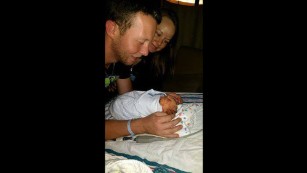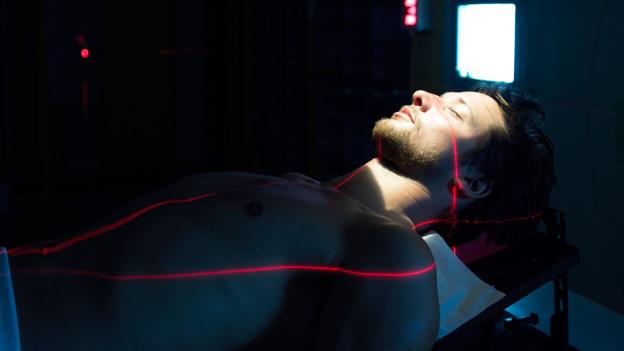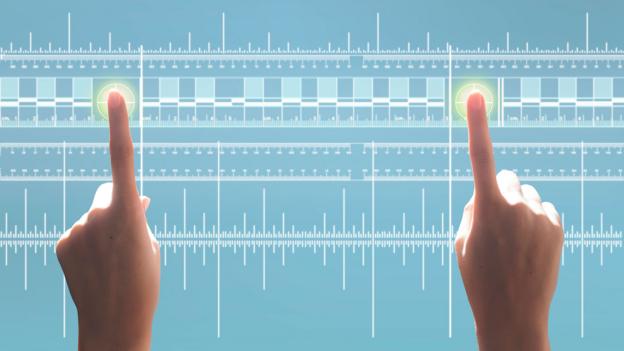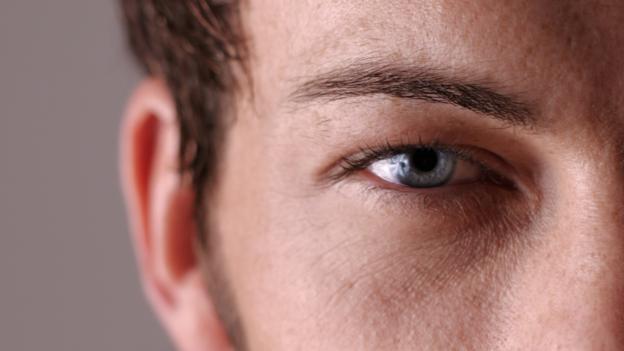A relationship is never the answer to your loneliness. Any feelings of emptiness, unhappiness, depression or self-hate can exist within you before you meet your partner. Most people tend to create new relationships based not on what they want, but in response to what they perceive to lack. They look outside of themselves, saying, “when I find someone, I will be happy, satisfied, and fulfilled’.

When they do find someone to have a relationship with, it is exciting and fulfilling for a few months, maybe a few years.
When the original feelings come up again, they can start blaming the other person for their loneliness, depression, self-hate and their unhappy life. The other person, in turn, may dim their own light, by demanding your energy, time, and your personality.
It is their fear, their pain and their depression that starts chasing you, sucking your energy and imprisoning your beautiful free soul. You may do the same to them because of your own emptiness.
NOTHING outside of yourself, not a relationship or another person, will ever bring you true happiness, fulfillment or peace of heart if you aren’t already happy with yourself.
You are your own hero, your own lover, your own answer to all of your prayers, and your own TRUE LOVE.
Today is the day to become your own True Love! Start to love every aspect of yourself, including all of your Darkness and your Light. Start to appreciate and love your own personality; become your own best friend.

Find out what nourishes your soul, and find the sacredness in each moment: Take a walk in the forest. Watch funny movies in your bed. Create art, or write from deep inside of your soul.
Start to embrace all that you are in your divinity. Stop waiting for something or someone outside of you.
YOU are what you’ve been looking and waiting for the whole time. Stop searching, stop demanding. Each of us is a free, sovereign spirit, meant only to share and celebrate our true essences together.
Nurture yourself and listen to your inner voice. Get to know YOU! Give yourself all that you need and want as you start to become aware of yourself.
Self-Mastership
You can never be lonely when you actually listen, breathe, talk and feel your own spirit. You must be willing to do some deep soul searching. This means feeling the emotions that are stuck in your energetic field, acknowledging them, and releasing them by crying, breathing, and actually doing introspection into who you are and why you do what you do.Listen to your own knowing. Make changes in your life to start living your true path, the one that makes you and others come alive! Stop blaming the past, and live in the now.

Find your passion and purpose, and start enjoying every moment you are creating. This is finding your way home to YOU!
An outside relationship will only be satisfying when two people have found themselves and if the two people are willing to see that they are individual souls that came to earth for their own journey, their own insights, and their own lessons.
Do not be afraid that the other person will go away and leave you. Another person can only stay because of free will. A slave cannot be in loving relationship with a free person. Two free people in loving relationship can give each other wings!
If you love a person, and they cannot be free because of your fears, stop the fear now. Stop the thoughts, focus on the now; ground yourself. Stop projecting your fears, past pains and lost hopes on them. Show the other person that you love them by transforming the pain and suffering into bliss and LOVE by doing your work and finding your way home to YOU. Become the energetic master that you are!
Become free In relationships
 Let
both you and your significant other be free. Let them shine. Let them
fly. You are both the transformation the world needs to see. You are
both the “one” that can change the world by following your own earthly
journey.
Let
both you and your significant other be free. Let them shine. Let them
fly. You are both the transformation the world needs to see. You are
both the “one” that can change the world by following your own earthly
journey.You can only love another by giving them soul freedom and by stopping all behaviors of energetic demanding, fearing and draining.
They may be an angel on your path if they have led you to all of this awareness so that now, you can now find your way HOME to YOU. If they are the one with this behavior, you may be the angel on their path that gives them awareness and peace someday.
Everyone is brought together for a reason in this lifetime, although many times it is not the reason you originally thought: to finally “make you happy and fulfilled”. The divine Universe has led you to uncover the LIGHT and LOVE that YOU are through these broken connections, and the resulting awareness.
Resonate with people who vibrate on a higher level to compliment your life
 If
your significant other is not willing to do their work, acknowledge, or
stop their energetic demands on you, the kindest thing you can do for
both of you, is walk away. Surround yourself with aware people who listen to and honor their souls and inner knowing.
If
your significant other is not willing to do their work, acknowledge, or
stop their energetic demands on you, the kindest thing you can do for
both of you, is walk away. Surround yourself with aware people who listen to and honor their souls and inner knowing.Surround yourself with people who have a high vibration, who resonate with their heart, who do not energetically pull and demand from you, who let you FLY! These people give off LIGHT and LOVE because of their enthusiasm for their own journey and their passion for themselves!
These are the relationships that will strengthen and nurture you as you step into your own Self Mastery! These are the connections you have always dreamed to have with other humans, all possible now that you have found YOU!
Live the life of your dreams. Now. Today.
You are the biggest love of your life!
About the Author:

Leda is writer, speaker, journalist, singer, and Coach of the New Energy.
She specializes in Add/HSP, twinsoul- and soulmate relationships, Karma cleansing, Regression-therapy, Personalized Meditations, Advisor, New Science, Anti-Aging programmes, sustainability, how to live in a healthy home, heart-activations and healing with new energetic tools.
She is entrepreneur to guide towards a new global shift. Her website can be found at: www.enlighteningmedia.com.
Via (Spiritscience)




















 There
is subtle strength that lies within us all. A higher consciousness that
never gives up and is always seeking for the upheaval from the darkness
into the light. A raising of our vibration and the constant forming and
reforming of our mind, bringing us back to that in which we ultimately
seek.
There
is subtle strength that lies within us all. A higher consciousness that
never gives up and is always seeking for the upheaval from the darkness
into the light. A raising of our vibration and the constant forming and
reforming of our mind, bringing us back to that in which we ultimately
seek. You
know that you can’t change the world, but you can change your world and
so you work from the inside out; positively affecting anyone who comes
into contact with you.
You
know that you can’t change the world, but you can change your world and
so you work from the inside out; positively affecting anyone who comes
into contact with you. You
understand that holding a grudge only hurts you. Everyone has their own
reasons and everyone has their own perception of life; everyone has
their own path to follow.
You
understand that holding a grudge only hurts you. Everyone has their own
reasons and everyone has their own perception of life; everyone has
their own path to follow. You
know that the next moment in your life is not more important than this
moment now and so you do today what you dream of later and you live
today like it was your last.
You
know that the next moment in your life is not more important than this
moment now and so you do today what you dream of later and you live
today like it was your last. You are in tune with yourself and trust your heart. When something doesn’t resonate with you, you have the courage to voice it.
You are in tune with yourself and trust your heart. When something doesn’t resonate with you, you have the courage to voice it. Sounds like a contradiction to 17 right? But..
Sounds like a contradiction to 17 right? But..












